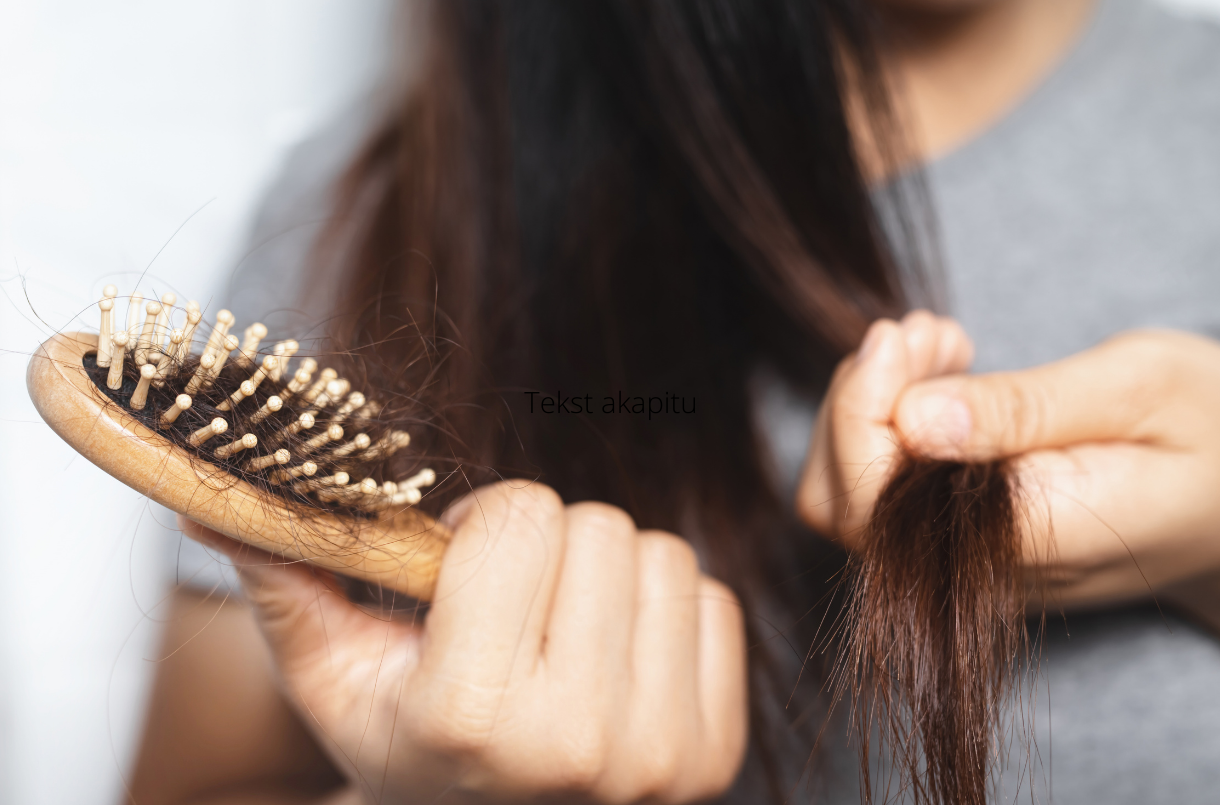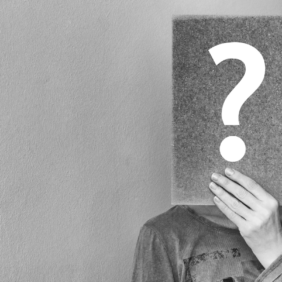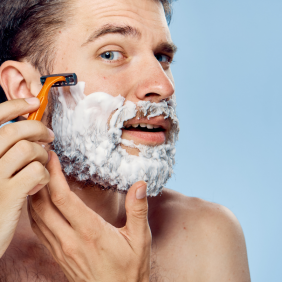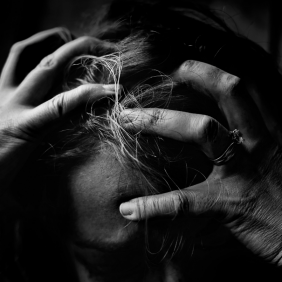Many nutritional deficiencies have a negative influence on our hair, that is why I always remind my patients that a well-balanced diet full of appropriate nutrients is of great importance , especially if they struggle with the problem of hair loss. The following five vitamins and minerals are essential to our organism and its proper functionality – they help keep your hair healthy and strong.
Vitamin E
Vitamin E is an antioxidant which can prevent oxidative stress and, like vitamin C, helps maintain the healthy condition of the scalp and hair. Vitamin E increases blood flow, which in turn improves the condition of our hair. It has been used in dermatology since the 1950s. It is vitamin E that protects our skin from aging, inflammation and excessive sunlight. Antioxidant soluble in fat is essential to maintain healthy skin and a strong immune system.
Iron
Iron helps red blood cells transport oxygen to all cells, making them an important element of many body functions, including hair growth. The deficiency of this mineral often causes anaemia, which contributes to hair loss. Iron also plays an important role in the process of producing haemoglobin in the blood. It must be remembered that haemoglobin is responsible for the transport of oxygen to cells that stimulate hair growth.
Zinc
Zinc is also an element that plays a crucial role in the process of hair growth. It helps maintain the proper functioning of sebaceous glands and oil glands around hair follicles. Zinc deficiency not only contributes to hair loss but it also has a great influence on the occurrence of other afflictions such as acne, psoriasis, skin lesions and even muscle atrophy.
B vitamins
Vitamins B, including biotin, also affect hair condition. Keratin is an elementary protein which builds hair, skin and nails. It is biotin itself that improves the keratin infrastructure of our organism.
Vitamin A
All cells in our body need vitamin A to grow; it also applies to hair follicles which are the fastest growing tissue of our body! Vitamin A also helps the skin glands produce an oily substance called sebum. A diet deficient in vitamin A can lead to hair thinning and hair loss. However, we need to keep balance in its intake. According to research, too large intake of vitamin A can contribute to hair loss.



